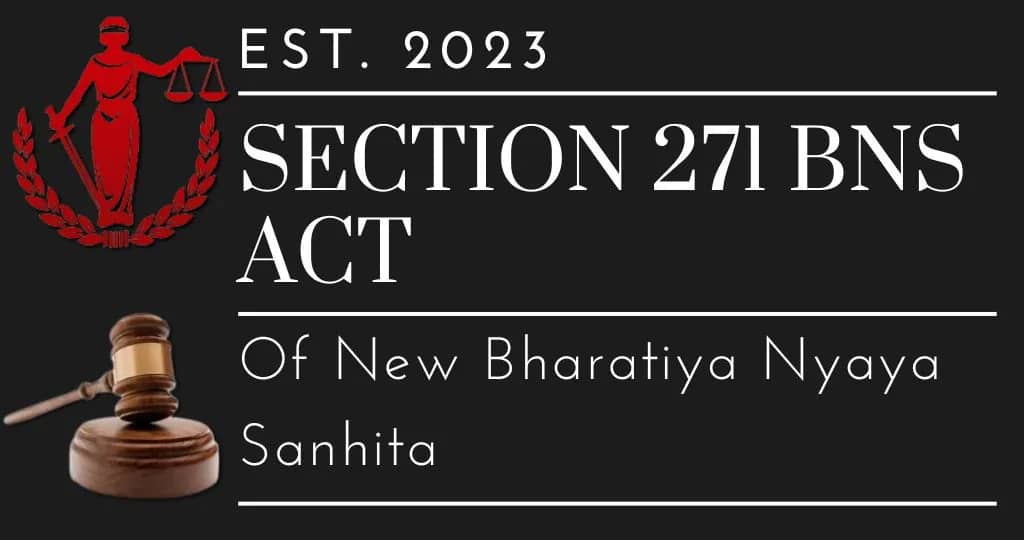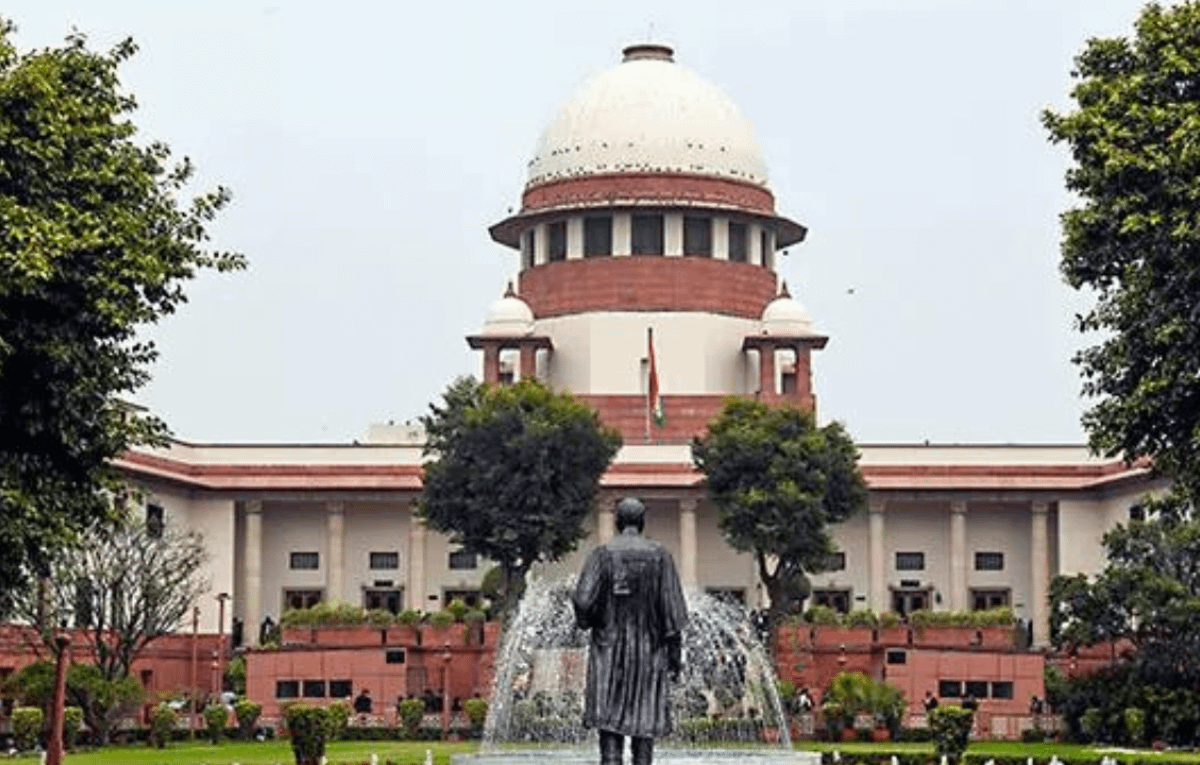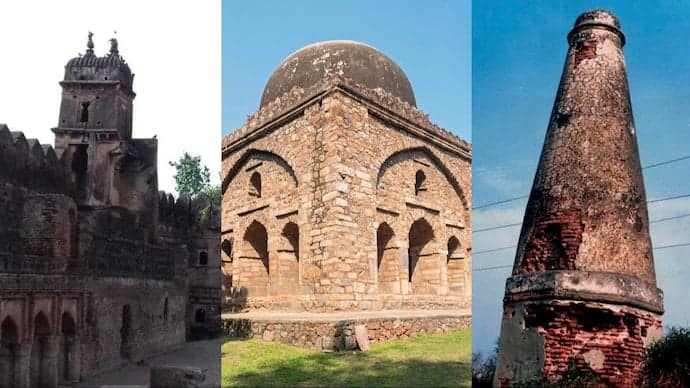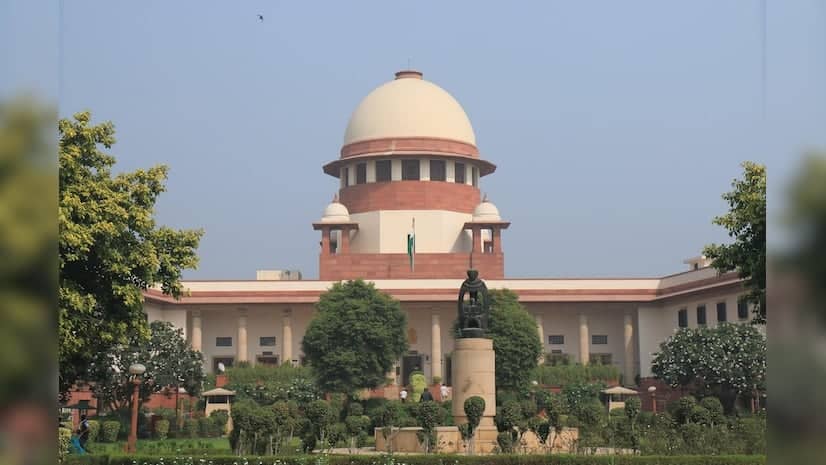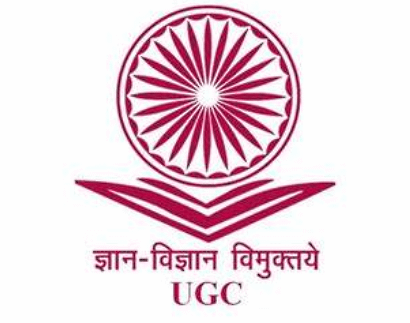Category: Legal & Constitution
-
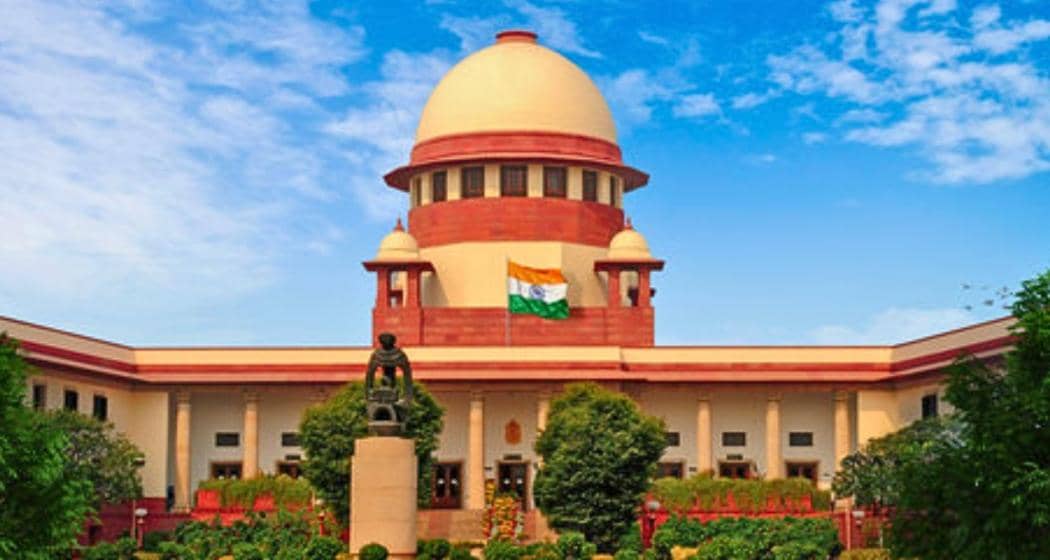
Supreme Court Ruling on Article 143
In a landmark ruling, the Supreme Court of India has established that the President must provide clear reasons when withholding assent to a bill. This ruling comes after the court’s interpretation of Article 143 of the Constitution of India, which allows the President to seek the Supreme Court’s opinion on legal questions. The court’s emphasis…
-
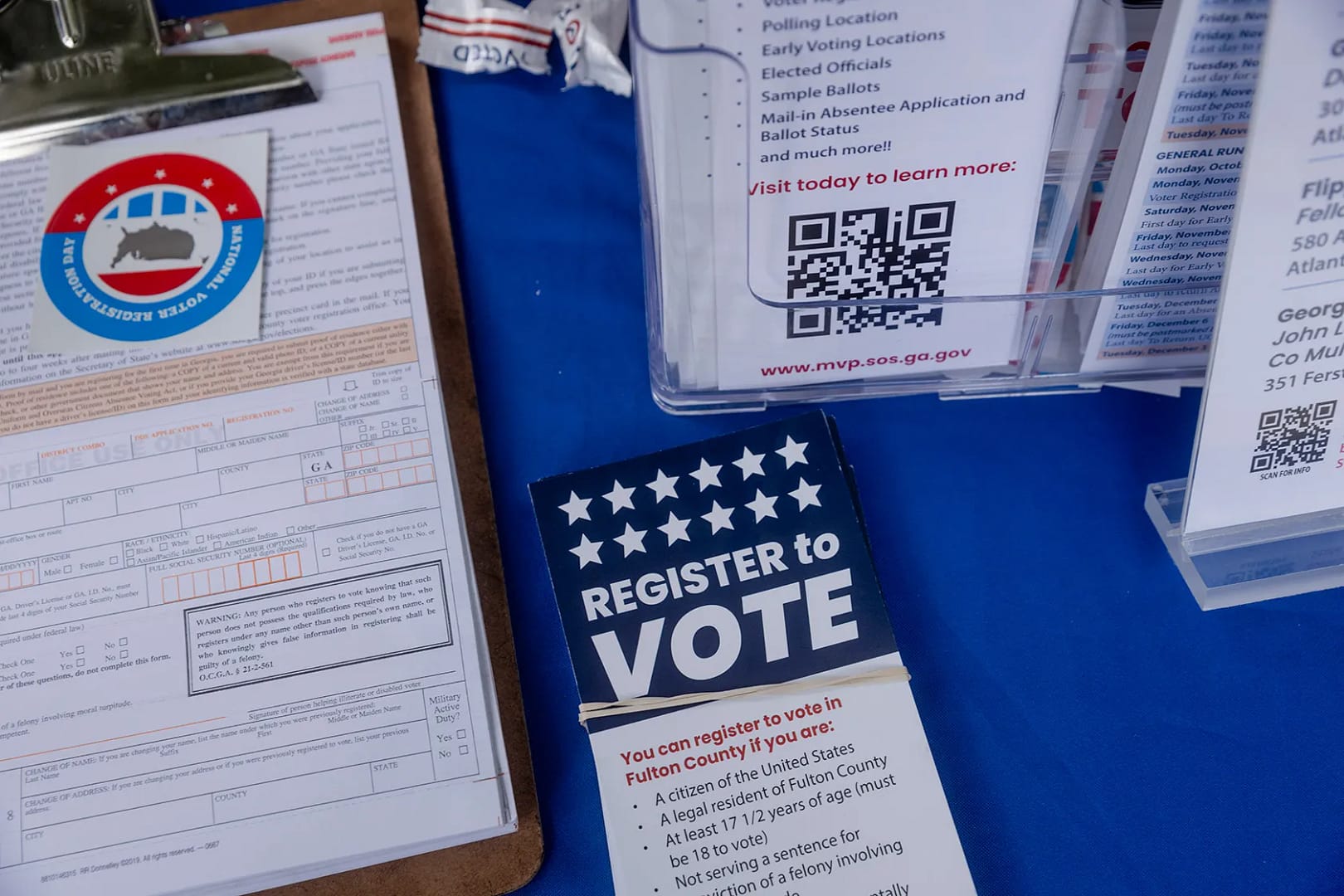
What is SAVE Act?
Recently, the U.S. House of Representatives passed the SAVE Act. This act mandates proof of U.S. citizenship for voter registration. Advocated by Republicans, it aims to prevent noncitizen voting. Voting rights groups argue this could disenfranchise millions of eligible voters. The legislation has sparked debate about voting rights and access. SAVE Act The SAVE Act,…
-
Section 271 of Bharatiya Nyaya Sanhita
The Bharatiya Nyaya Sanhita (BNS) of 2023 introduced legal provisions addressing public health and safety. Section 271 specifically targets negligent acts that could spread infectious diseases dangerous to life. Legal Framework of Section 271 Section 271 of the BNS penalises individuals who unlawfully or negligently engage in actions likely to spread infectious diseases. The punishment…
-
Estonia Bans Non-EU Citizens from Local Elections
Recently, Estonia’s President Alar Karis signed a constitutional amendment that prohibits non-EU citizens from participating in local elections. This legislative change targets the substantial Russian minority in Estonia, comprising approximately 80,000 individuals. The amendment was largely motivated by security concerns stemming from Russia’s invasion of Ukraine in 2022. The Estonian government aims to protect the…
-
Mining Ban Near Chittorgarh Fort
The Rajasthan government is contemplating a complete ban on mining activities within a 10-kilometre radius of the Chittorgarh Fort. This UNESCO World Heritage site is at the centre of a legal dispute involving Birla Corporation Limited and the state. The Supreme Court has been involved since the Rajasthan High Court’s 2012 ruling that prohibited mining…
-
SC Ruling on Governor’s Assent to Bills
The Supreme Court of India recently ruled on the authority of the Tamil Nadu Governor regarding the assent to state bills. This ruling addressed the legal implications of the Governor withholding assent and established clear timelines for decision-making. The judgement is in the context of the ongoing tensions between state governments and Governors, particularly in…
-
“Death Sentences and Executions 2024” Report
The Amnesty International recently released the “Death Sentences and Executions 2024” Report. According to the report, in 2024, the number of recorded executions worldwide surged to 1,518, the highest figure in nearly a decade. It revealed an increase in executions primarily in Iran, Iraq, and Saudi Arabia. These countries accounted for an alarming 91% of…
-
Delisting of Monuments
The ongoing debate surrounding the delisting of monuments in India has intensified recently. A Parliamentary Committee has urged the Union Culture Ministry to establish an independent panel. This panel would reform the criteria for delisting a monument from the Archaeological Survey of India (ASI) protected list. About Delisting of Monuments Delisting a monument means it…
-
Supreme Court Judges to Declare Assets Publicly
Recently, the Supreme Court of India decided that all judges, including the Chief Justice, will publicly declare their assets. This decision follows a recent scandal involving a Delhi High Court judge found with large sums of cash. Historically, judges were not required to disclose their financial information. This new policy marks shift towards transparency and…
-
UGC’s New Regulations for Foreign Degree Equivalence
The University Grants Commission (UGC) has introduced new regulations to enhance the recognition of foreign academic qualifications. This initiative aims to assist Indian students returning from abroad who often encounter challenges in having their degrees recognised. The UGC’s regulations, effective from April 4, 2025, establish a clear and technology-driven process for assessing foreign qualifications. Background…
